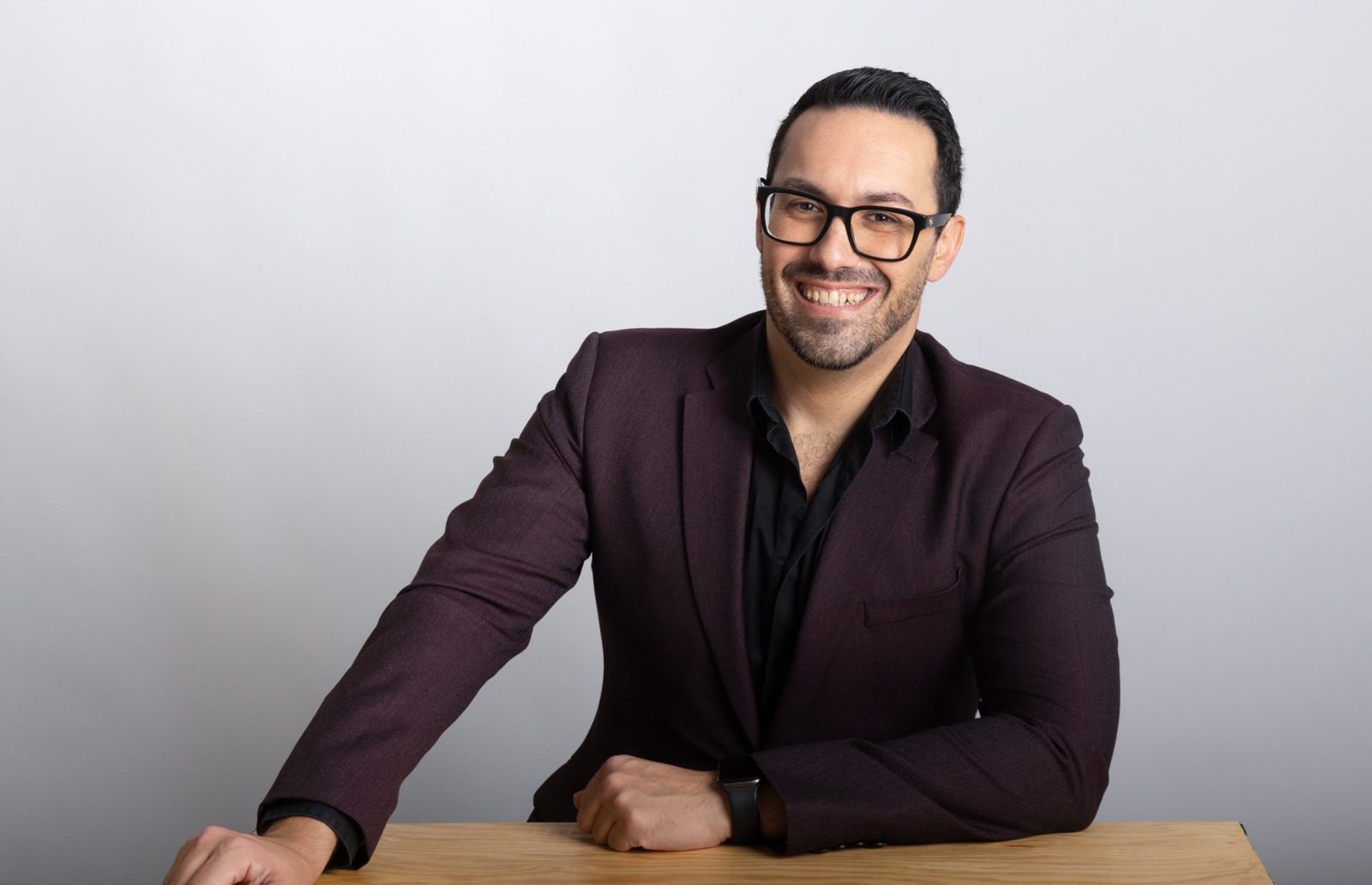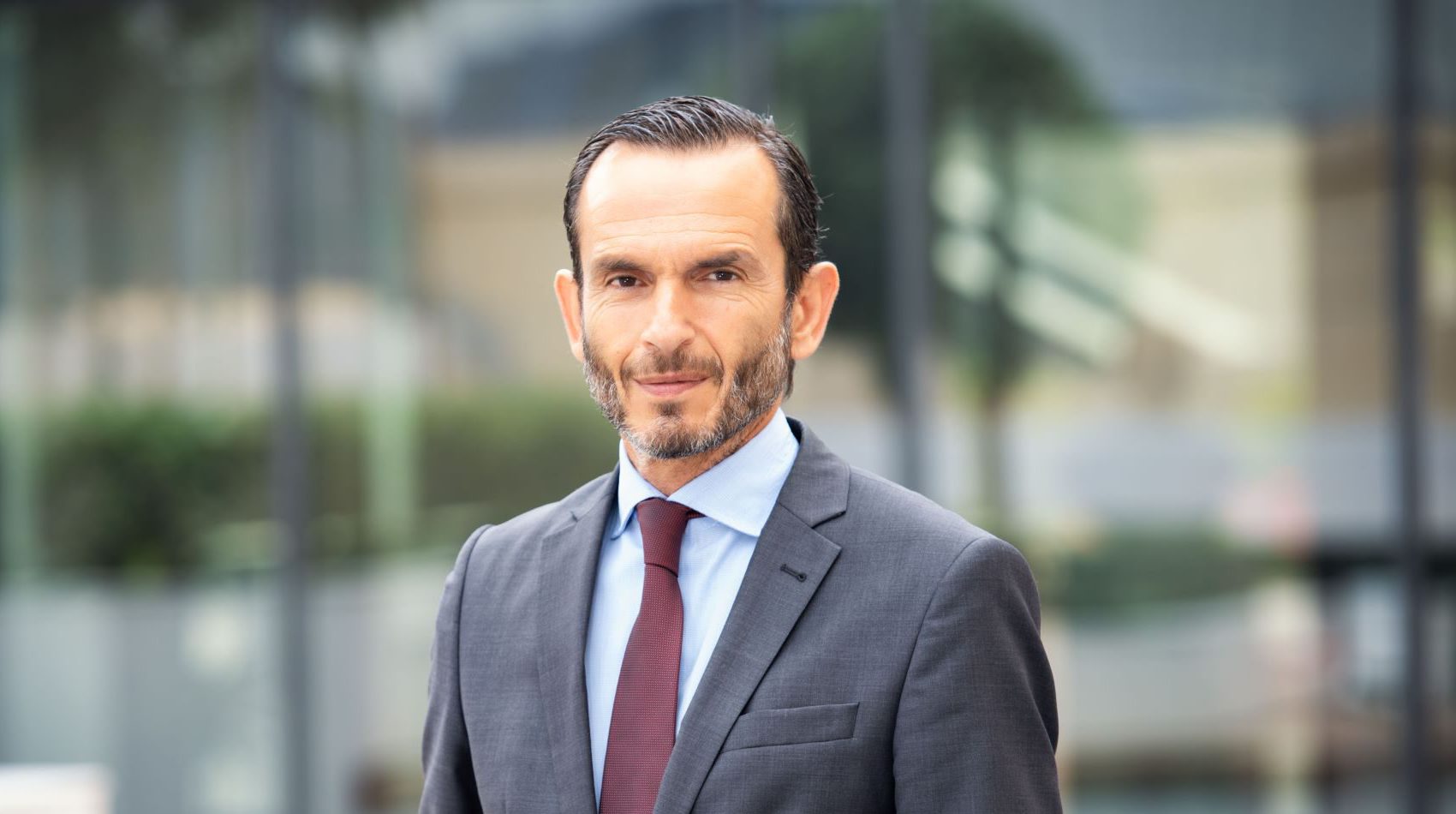In today’s highly digitised world, being tech-savvy can no longer be viewed as an option.
Whether you’re looking for a new job, furthering your education, or simply attending to your day-to-day needs, having and attaining the right digital literacy is bound to improve your quality of life and free you of some unnecessary hardships, whilst increasing your potential as an employee or student.
This, amongst countless other missions, is one of the reasons the eSkills Malta Foundation came to be.
Launched in 2014 by the Government of Malta, this entity is a national coalition made up of representatives from government, industry, and education who can contribute to the increase in digital skills and the development of the IT profession.

At the helm of the eSkills Malta Foundation is Chief Administrator Carmel Cachia. Equipped with over 40 years of experience and a genuine drive to better the country, this industry stalwart has proven time and time again that his contributions to the foundation have been priceless.
“I have always had a burning desire to further develop the ICT profession and human resources,” Mr Cachia tells MaltaCEOs.mt.
Having spent over 15 years as Chairperson at BCS Malta and even more time transforming the country’s approach to ICT education and training, Mr Cachia got to a point in his career where he felt he “could contribute nationally and professionally to digital skills and education.”
“Therefore, when the opportunity with the eSkills Malta Foundation came up in 2016, even if I loved the work I was doing, I felt that it was an almost perfect opportunity to contribute not just nationally, but also at a European level,” the Chief Administrator adds.
The eSkills Malta Foundation has been launched in 2014 as a multi-sectoral partnership looking to benefit four key pillars: education, industry, ICT, and citizens.
“Education must provide citizens with the right digital skills they need to thrive in their life. From a society point of view, citizens need digital skills to have a quality life and thrive in their employment. Similarly, the labour force at all levels needs to have both basic and advanced digital skills to increase the innovation, efficiency, and competitiveness and contribute effectively to the profits of the business” Mr Cachia explains.
This last point is particularly important in light of the ICT industry’s rapidly developing nature, wherein new technologies are constantly being introduced and popularised.
“The industry does not run without ICT practitioners these days, and you find them in all sectors across the globe,” he adds.
“ICT practitioners need to be abreast with the working technology with specialisations in subjects such as artificial intelligence, blockchain, e-commerce, internet of things, cloud, and networking,” the Chief Administrator says.
“In this day and age, no one in society can thrive without having a good level of digital knowledge and skills – whatever the status of the person in life, whether a student, teacher, employee, business leader, ICT practitioner, adult, or elderly. Hence, being tech-savvy is not only crucial but highly beneficial,” he continues.
As commendable as the eSkills Malta Foundation’s mission is, there’s no denying that only a highly skilled and well-organised team stands a chance of implementing it successfully. Nonetheless, this doesn’t intimidate Mr Cachia, and the success of the foundation’s past initiatives goes to show that he is beyond qualified to lead this flourishing entity.
“The eSkills Malta Foundation contributes to the expansion of ICT education at a formative level through initiatives. Some of these include student school visits to ICT organisations, organising ICT teachers’ visits with the same, ICT career sessions with Career Advisors, and promoting formative subjects like critical thinking,” Mr Cachia describes.
“We also participate well in EU and international initiatives like the Digital Skills and Jobs Platform, the EU Code Week, the CEN Standards Committee for ICT Competences and Professionalism, and many others,” he adds.

The foundation’s contribution to education doesn’t stop there. Mr Cachia notes that tertiary education is “very high” within eSkills Malta Foundation’s agenda, as it instigates reform in the ICT education offerings to better prepare students according to the industry skills requirements.
Moving on to the corporate world, the Chief Administrator acknowledges that “the work of the ICT professional is of crucial importance because these days, it basically runs everything.”
“ICT professionals therefore need to be very ethical, have good working practices, safeguard society, customers, and their employers, and keep abreast with the emerging digital methods and technologies. This is why the foundation also leads an ICT professionalism development programme” he says.
The eSkills Malta Foundation acknowledges the fact that a substantial portion of the country’s workforce grew up in a period when the concept of digital literacy was either non-existent or considered unimportant.
In light of that, Mr Cachia says, “the Foundation has promoted and preached the importance of upskilling the citizens, labour force, business leaders, teachers and students, and the ICT education and profession. It has forged many collaborations with stakeholders, issued many intelligence reports, and even launched a National eSkills Strategy.”
“Together with the collaboration of partners and stakeholders, we will be one of the leading digital countries in Europe,” the Chief Administrator notes.
Considering the fact that the eSkills Malta Foundation is the first entity of its kind here in Malta, Mr Cachia was faced with quite the uphill battle before he could get the foundation up on its feet.
“The biggest challenges included our visibility and the lack of collaboration between various stakeholders. These two challenges were, in fact, the first things I had to tackle,“ he admits.
“International best practises indicate that multi-sectoral partnerships are one of the key approaches in achieving synergy in the sustainable development of the right digital skills. This meant that we had to give an example, prove ourselves, and perform. Although we have quite a journey left to go, nowadays I meet many stakeholders and individuals who are full of praise for the foundation,” Mr Cachia continues.
Feedback aside, the foundation’s progress can also be easily mapped out through some very tangible and encouraging figures.
“Malta was one of the first, if not the first, European country to launch a National eSkills Strategy that had an inclusive coordinated approach towards the four pillars of educating, industry, society, and ICT. We have greatly contributed towards Malta’s ranking in the Digital Economy and Society Index (DESI) – directly and very much more indirectly,” the Chief Administrator says.

“Some people may just look at the human capital, but that is a mistake because basic and advanced digital skills influenced the other pillars of the DESI, in which Malta ranked sixth out of the 27 EU member states last year,” he continued.
Looking towards the future, Mr Cachia doesn’t expect much to change, however he’s intent on seeing the eSkills Malta Foundation “reach higher targets on the digital skilling of its four pillars.”
Apart from that, the coming months will also see the foundation publish the new National eSkills Strategy – the product of lots of desk work, discussions, and consultations.
“Together with the collaboration of partners and stakeholders, we will achieve much more and be one of the leading digital countries in Europe,” Mr Cachia concludes.
Featured Image:
Inigo Taylor
Unravelling the intricacies of corporate greenwashing and how it will ultimately hurt clients
While lying about being ‘green’ is a temporary fix, losing clients’ trust will be more harmful for the company.
VentureMax CEO calls for ethical hiring practices to support foreign workers in malta
'How many times have you gone to a restaurant and the person that you were speaking to just couldn’t understand ...
‘We need to stop giving nearly everything a political tone’ – Farsons Group CEO
He emphasises that politicians need to listen to a wider audience with broader viewpoints and perspectives.
Myths vs facts: Christine Hili debunks 10 HR misconceptions
Contrary to popular belief, your HR colleague is not a Chief Happiness Officer nor Judge Judy.









